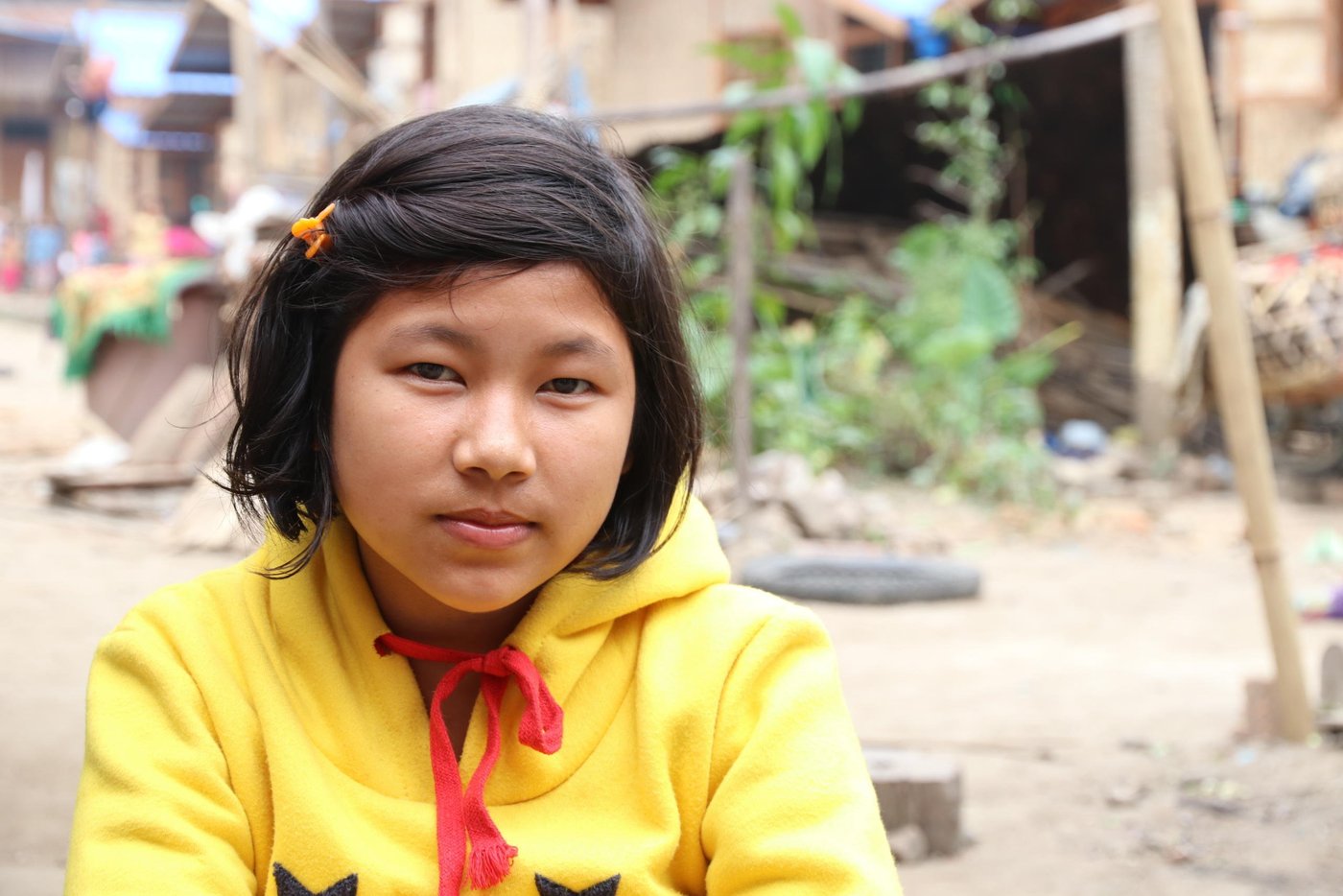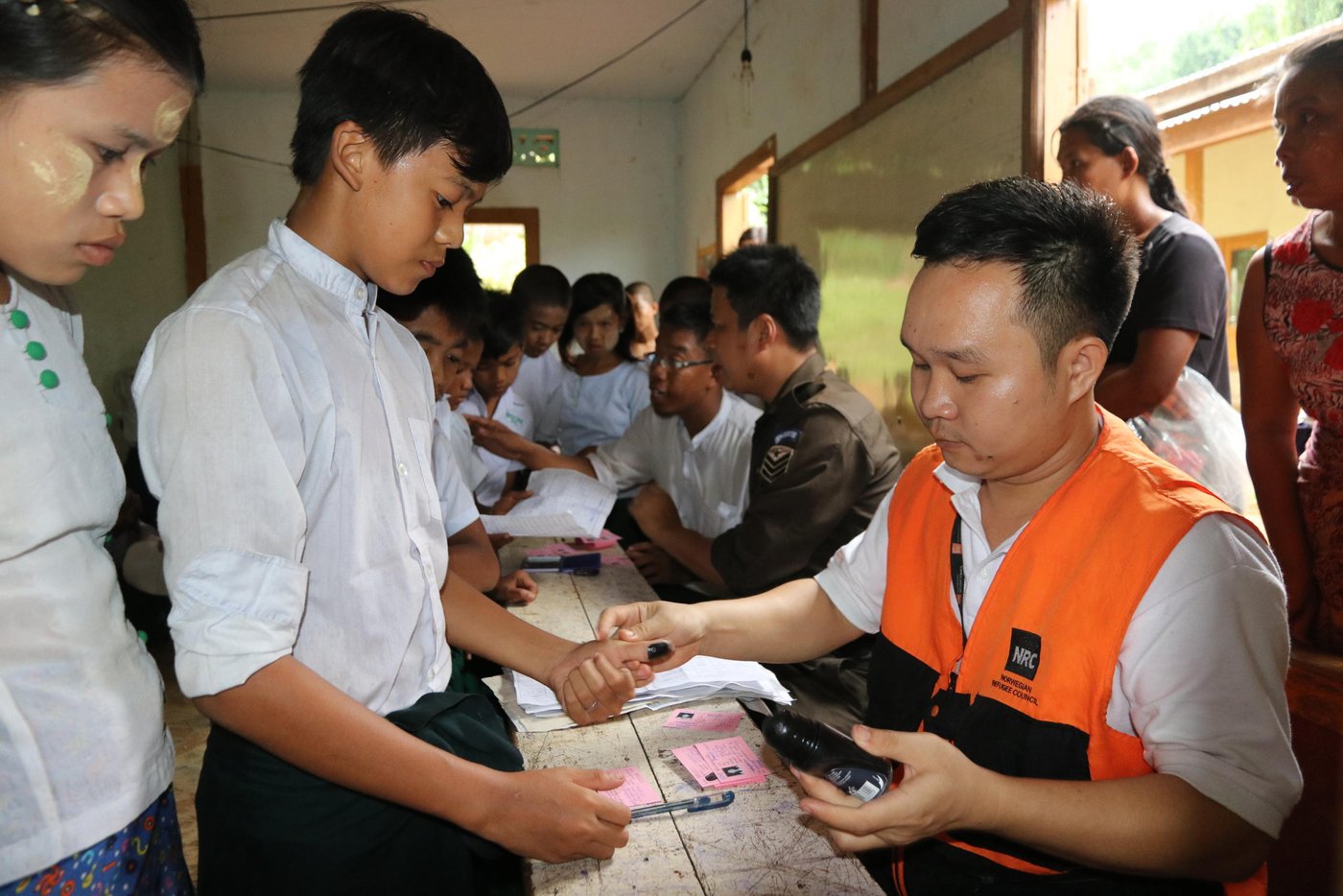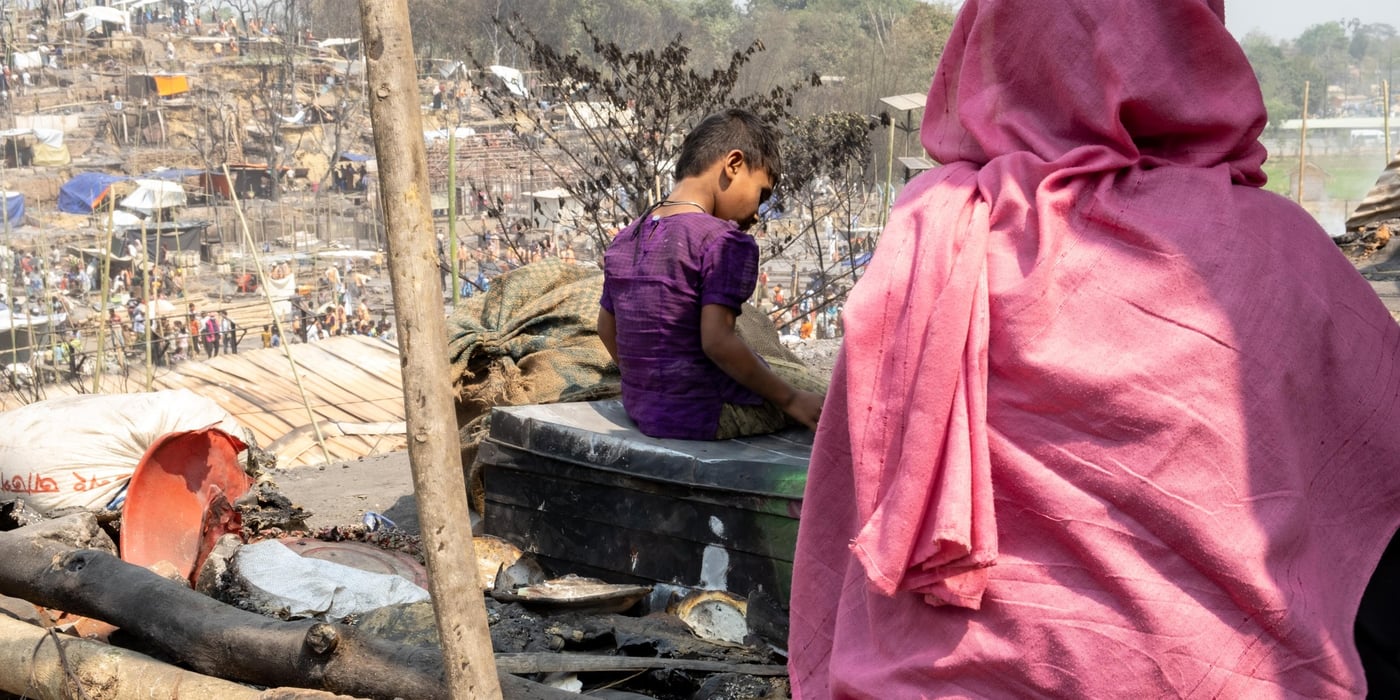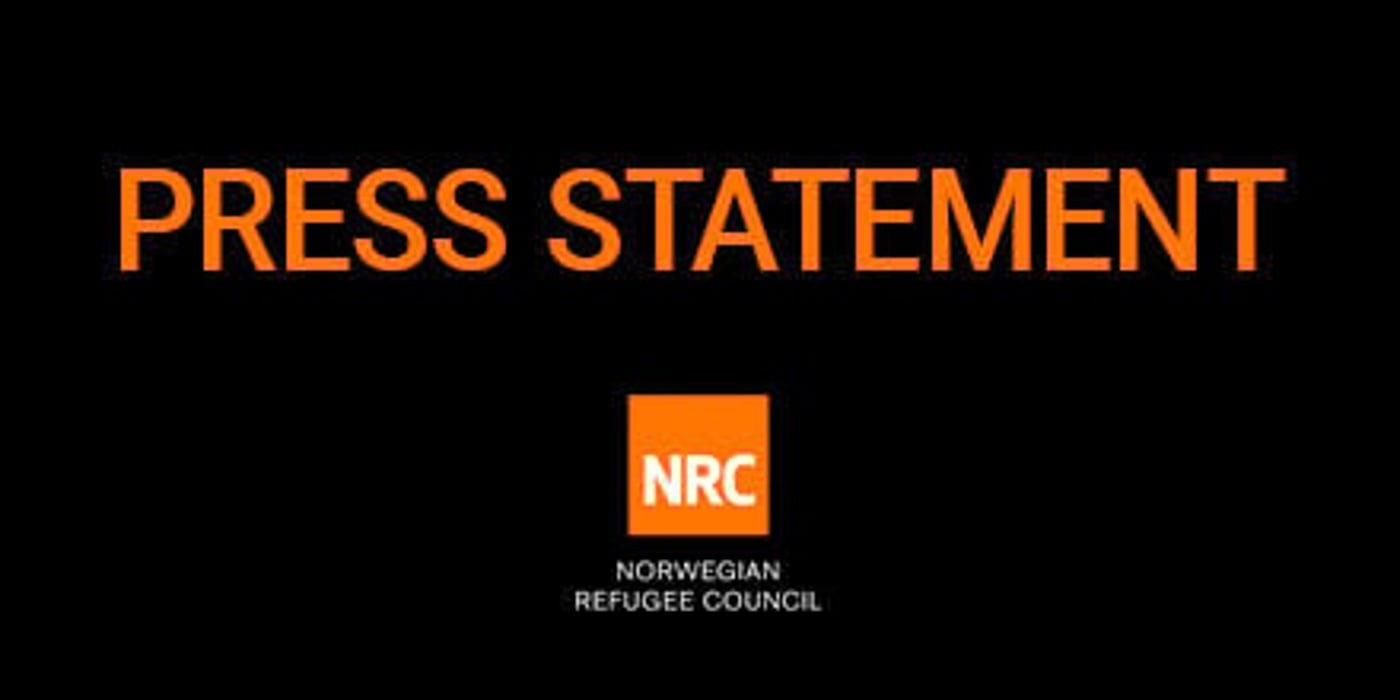
The 14-year-old school girl lives on Ma San Par, an island situated in the Mergui archipelago, in southeast Myanmar. By speed boat, the trip from the mainland takes 45 minutes. For most of the islanders, travelling with slower boats, the journey takes several hours. Their lives are quite isolated, away from health and higher education services on the mainland.
500,000 cards
Since 2012, the Norwegian Refugee Council (NRC) and the Myanmar Ministry of Immigration, Labour and Populations (MoLIP) have disseminated information on the importance of civil documentation, provided counselling, and distributed ID cards to people in Myanmar’s south-eastern region. By June 2017, NRC and the local authorities had distributed a total of 500,000 ID cards, issued either directly or through information- and counselling services.
“11 million people in Myanmar do not have a valid ID card,” says José Arraiza, NRC’s legal assistance adviser in Myanmar.
Without an official ID card, people cannot access medical services, open a bank account, go to school or travel anywhere, and they can be arrested at any time.
“We are basically giving them the right to have rights,” says Arraiza, “The challenge is to improve access to legal identity rights to people who have recently been displaced and minority groups, among others.”
Prefers school
Zin Hnin Phyu speaks fast, explaining that she should have been in 6th grade by now, but last year her parents did not have the money to pay for her schooling. While all her friends went to class, she spent her time doing nothing. She definitely prefers going to school.
“I want to become a doctor,” she says, well aware that she’ll need the identity card to be able to go to university.
“I’m very happy to get the card. I will give it to my mother. She’ll keep it safe for me.”

No card, no rights
The people who don’t have ID cards live in areas affected by conflict, they are displaced, live in isolated places, and overall lack protection. Some have lived in areas controlled by armed groups, where the government has not reached them. Others belong to minorities which cannot easily access ID cards because of additional legal obstacles. By liaising with government authorities and armed groups, NRC contributes to confidence building and to strengthen the protection of people and their access to services.
In Myanmar’s north-eastern Kachin state, fighting over the last years has displaced thousands, increasing the number of people displaced in the country.
I was having dinner with my family when we heard the gunshots. I was scared, and I couldn’t move. My parents packed in a hurry, and we left.”Roi Taung, 12, internally displaced in Myanmar
Roi Taung, 12, had to flee her home when the fighting reached her village.
“I was having dinner with my family when we heard the gunshots. I was scared, and I couldn’t move. My parents packed in a hurry, and we left.”
Roi Taung lives in a camp for internally displaced people in Bhamo, a city in southern Kachin. She does not have an ID card, and it worries her.
“I have to go back to my hometown to receive the ID card, but there is still fighting there, so I cannot go back. Our house has been burnt to the ground.”
She wants to have the card so that one day she can go to university.
“If I have an ID card I can prove that I am a citizen of this country,” she says.
By issuing ID cards, NRC secures legal identity rights and better protection for displaced people and other groups affected by conflict and isolation. We are working for people in Myanmar to have access to the rights to school, work, property and freedom of movement, so that they can live safe and independent lives.





